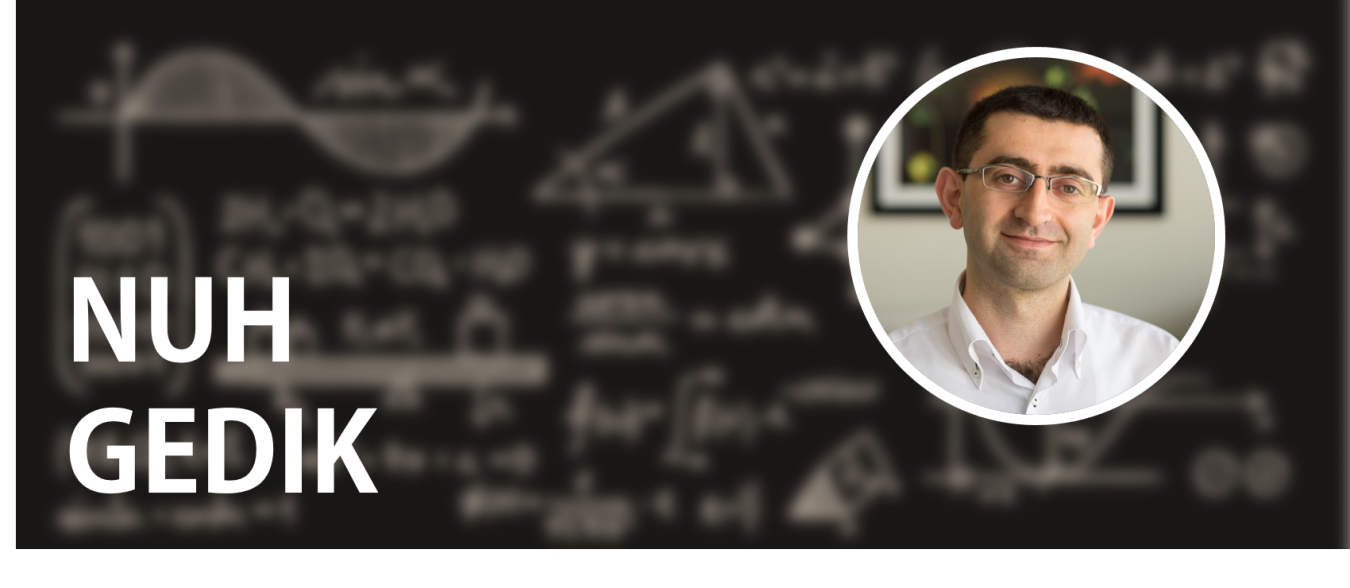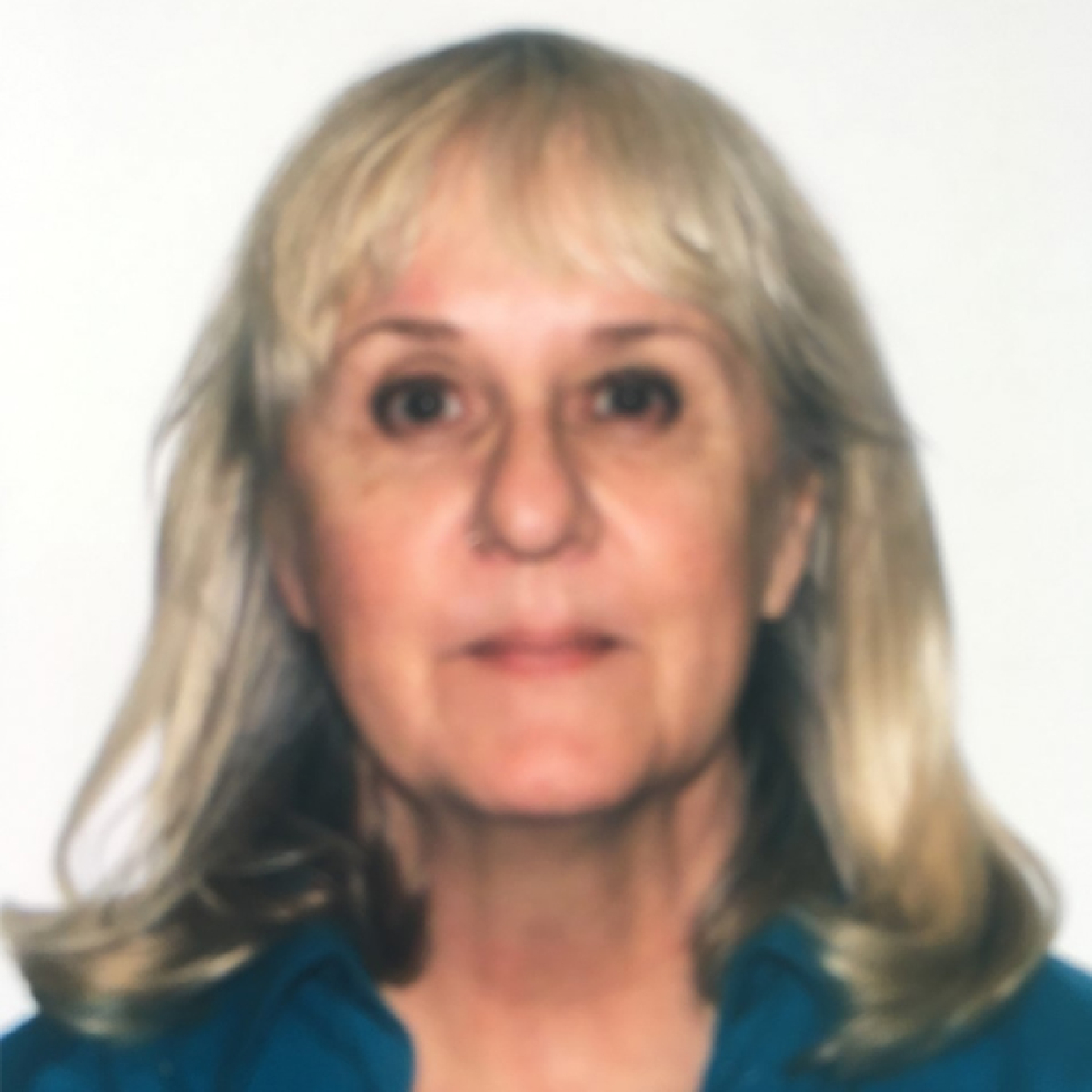Nuh Gedik studies the behavior of topological insulators - materials that behave as insulators within but let electrons flow on the surface.
August 23, 2021
WHAT DID THE 2011 EARLY CAREER AWARD ALLOW YOU TO DO?
Topological insulators or TIs display many fascinating properties. TIs are materials that behave as insulators in the interior but support the flow of electrons on their surface and were discovered around 2008.
These materials are predicted to exhibit a large number of exotic physics phenomena. These include dissipation-less flow of spin currents, novel electromagnetic responses, and excitations that obey an unconventional type of exchange statistics. The last one is needed to form the building block for fault-tolerant quantum computers.
Following the original discovery of TIs using angle-resolved photoemission spectroscopy, scientists have had a heightened experimental interest in measuring their physical properties by probing the collective behaviors of the topological surface electrons.
The goal of my Early Career project was to develop short‐pulse laser‐based experimental tools to probe the ultra‐fast electron dynamics of topological insulators.
As part of this program, we built advanced optical and electron-based spectroscopies and diffraction, all based on ultrafast laser pulses as the initial excitation source. The goal was to observe the time‐resolved signature of quantum interactions and order in topological insulators and related materials. For example, by building a novel time and angle resolved photoemission spectroscopy (tr-ARPES) setup, we were able to capture a femtosecond movie. It showed how the topological surface electrons interact with the environment and the bulk electrons. We later used this system to realize for the first time hybrid photon-electron states on the surface of the TI.
The advanced spectroscopies that I was able to develop in my early career program made a long-lasting impact on my research. Beyond topological insulators, we are continuing to use these techniques to answer questions in a wide variety of quantum materials including charge density waves, high temperature superconductors, and atomically layered systems.
ABOUT:
Nuh Gedik is a professor in the Department of Physics at the Massachusetts Institute of Technology.
SUPPORTING THE DOE SC MISSION:
The Early Career Research Program provides financial support that is foundational to early career investigators, enabling them to define and direct independent research in areas important to DOE missions. The development of outstanding scientists and research leaders is of paramount importance to the Department of Energy Office of Science. By investing in the next generation of researchers, the Office of Science champions lifelong careers in discovery science.
For more information, please go to the Early Career Research Program.
THE 2011 PROJECT ABSTRACT:
Optical Manipulation and Detection of Emergent Phenomena in Topological Insulators
The goal of this project is to develop short‐pulse laser‐based experimental tools to probe the ultra‐fast electron dynamics of topological insulators. Topological insulators exhibit a newly discovered property of matter where surface electrons have exceptional conducting properties distinct from the non‐conductive nature of the bulk insulator material. This project will develop advanced optical spectroscopy along with electron spectroscopy and diffraction, all based on ultrafast laser pulses as the initial excitation source. The techniques will be developed with the goal to observe the time‐resolved signature of quantum interactions and order in topological insulator materials.
RESOURCES:
F. Mahmood, C.K. Chan, D. Gardner, Y. Lee, P.A. Lee, and N. Gedik, “Selective scattering between Floquet-Bloch and Volkov states in a topological insulator.” Nature Physics 12, 306 (2016). [DOI: 10.1038/nphys3609]
Y.H. Wang, H. Steinberg, P. Jarillo-Herrero, and N. Gedik, "Observation of Floquet-Bloch States in a Topological Insulator." Science 342, 453 (2013). [DOI: 10.1126/science.1239834]
Y.H. Wang, D. Hsieh, E.J. Sie, H. Steinberg, D.R. Gardner, Y.S. Lee, P. Jarillo-Herrero, and N. Gedik, "Measurement of intrinsic Dirac fermion cooling on the surface of a topological insulator Bi2Se3 using time- and angle-resolved photoemission spectroscopy." Phys. Rev. Lett. 109, 127401 (2012). [DOI: 10.1103/PhysRevLett.109.127401]
DOE Explains… offers straightforward explanations of key words and concepts in fundamental science. It also describes how these concepts apply to the work that the Department of Energy’s Office of Science conducts as it helps the United States excel in research across the scientific spectrum. For more information on ultra-fast science and DOE’s research in this area, please go to “DOE Explains…Ultrafast Science.”
Additional profiles of the Early Career Research Program award recipients can be found on the Early Career Program Page.
The Office of Science is the single largest supporter of basic research in the physical sciences in the United States and is working to address some of the most pressing challenges of our time. For more information, please visit www.energy.gov/science.
Sandra Allen McLean

Sandra Allen McLean ([email protected]) is a communications specialist for the Office of Science in the Office of Communications and Public Affairs. Sandra is responsible for identifying, curating, or creating lay-language content about Office of Science-funded research for DOE web sites, popular and trade media, and stakeholder education. She researches and writes the historical Milestone Tweets for the office Twitter account @DOEScience.
Sandra holds an associate degree in American Sign Language interpreting, a bachelor’s in science journalism and biology, and a master’s in Information Sciences. Her hobbies are sewing – especially costumes! – and lesesucht, compounded by extreme tsundoku.

